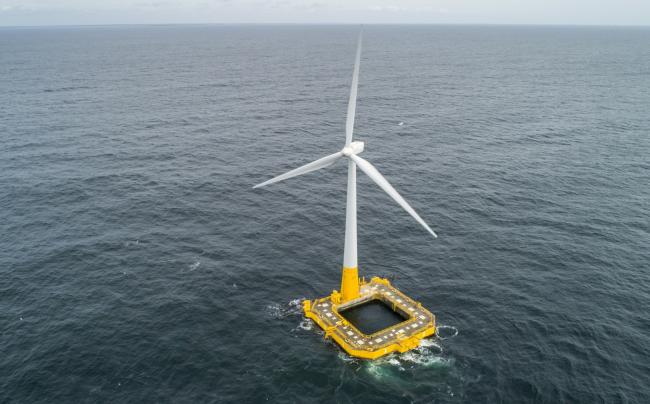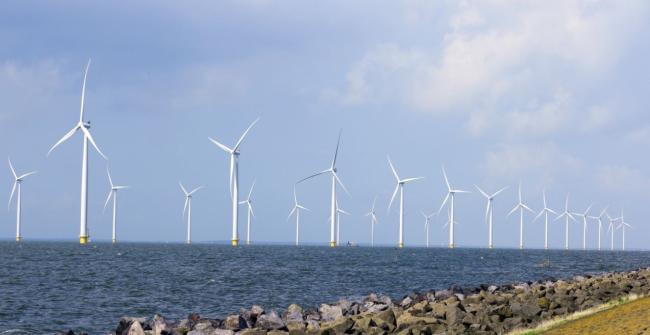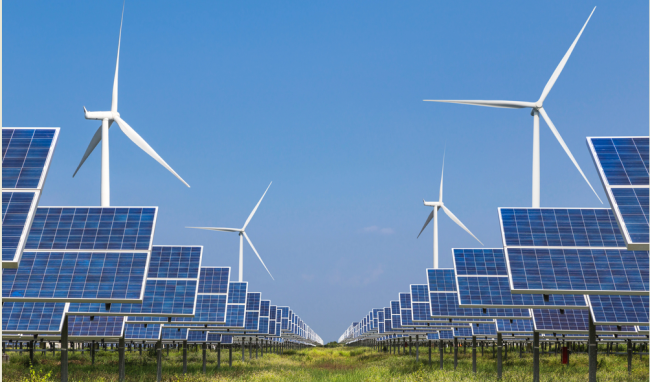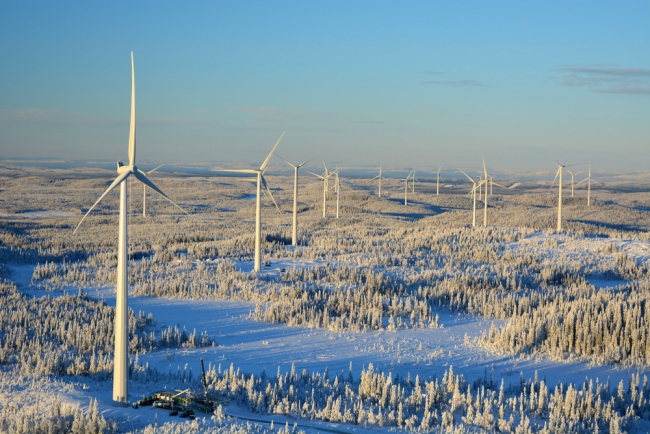
Prénom de l'expert
Michel
Nom de l'expert
CRUCIANI
Former Associate Researcher, Center for Energy & Climate
Michel CRUCIANI is Senior Advisor at the Centre of Geopolitics of Energy and Raw Materials (CGEMP), University Paris-Dauphine, since February 2007. He contributes in particular to studies, the organization of conferences, publications, and provides teaching on Renewable Energy for students in the Master "Energy, Finance, Carbon".
Michel Cruciani graduated from the Ecole Nationale Supérieure d'Arts et Métiers. Prior to the CGEMP, he shared activities between Gaz de France (Technical Services, then Economic Studies), CFDT (Member of the Board of Gaz de France, then Deputy Secretary General of the Federation of Gas and Electricity), and finally within Electricité de France (Department of European Affairs).
In these jobs, he followed the liberalization of the gas and electricity industry in the United States and in Europe, as well as the rise of environmental concerns, leading to the adoption of climate policies, a new role for nuclear energy and the promotion of renewable energy.
See more











